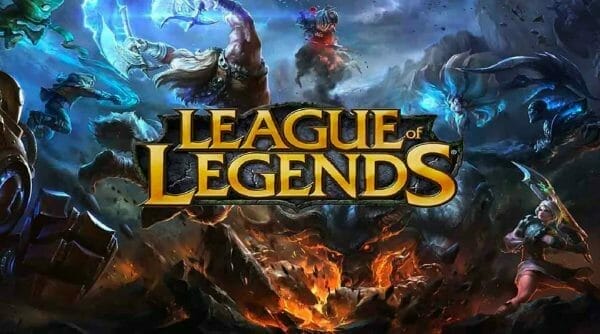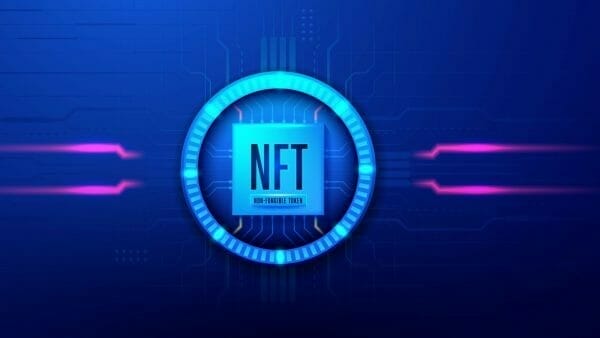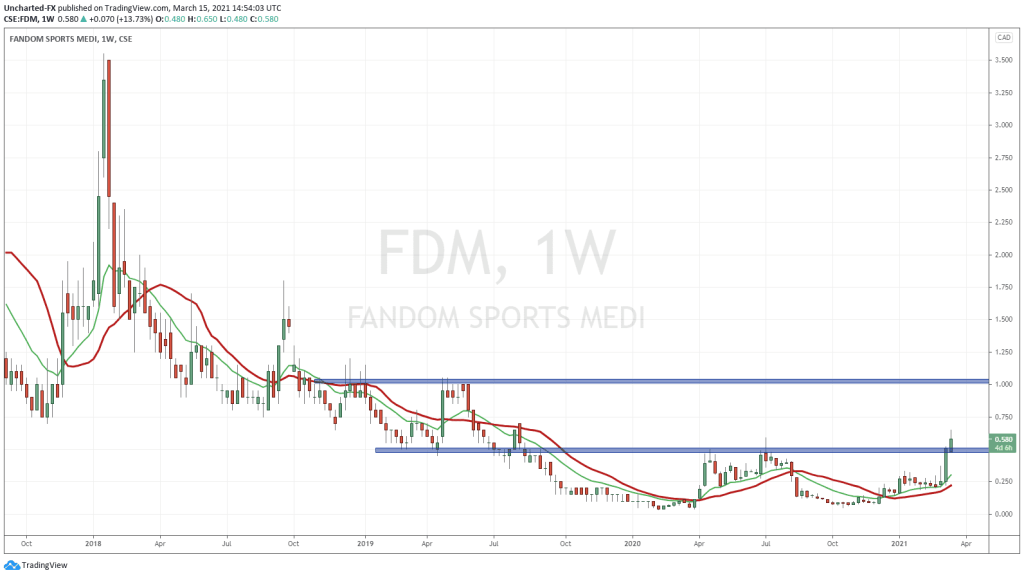Fandom Sports Media (FDM.C) completed the necessary integration for direct application programming interfaces (API) for in-game esports data today, according to a press release.
The going ideological position has supported outsourcing all unnecessary, non-core tasks to other firms in order to focus on providing your core service. But there’s a hidden problem here and that’s that sometimes the firms you’re outsourcing too are a crap-shoot. The market produces actors of questionable competence, and that’s how we determine excellence. So there’s the hole in the argument and sometimes it may be better for your business to take on non-essential services yourself to avoid having to rely on actors of questionable competence.
Hence, why Fandom is building and maintaining their own direct API, which will protect the company from third party data outages, which could end up in significant service outages and financial liabilities like those recently experienced by FanDuel.
“The safety, security and deliverability of our service is paramount to the Fandom team across all departments. Our ability to establish direct APIs with leading e-sports publishers and deliver actionable data within a dynamic real-time environment will be a paradigm shift by orders of magnitude to competitive wagering services. Not only will Fandom be able to provide an unmatched user experience across prediction and wagering verticals, the company will begin investigating monetizing our proprietary data services,” said David Vinokurov, chief executive officer and president.
The specific games the company completed the API development on are League of Legends, DOTA 2 and CS:GO. The team is presently putting together data models using machine learning to determine and analyze the amount of data required so Fandom can provide accurate and adequate data for their customers to use in both their all-ages prediction and regulated wagering verticals.
Fandom previously announced data integration with other in-game data service providers at the end of July of this year. Now they’re independent of those providers, having their own in-house number crunching system, and have links to leading game titles directly. The company will provide an update when they get the data analysis complete on the data streams, but are presently looking to add more game titles.
—Joseph Morton







